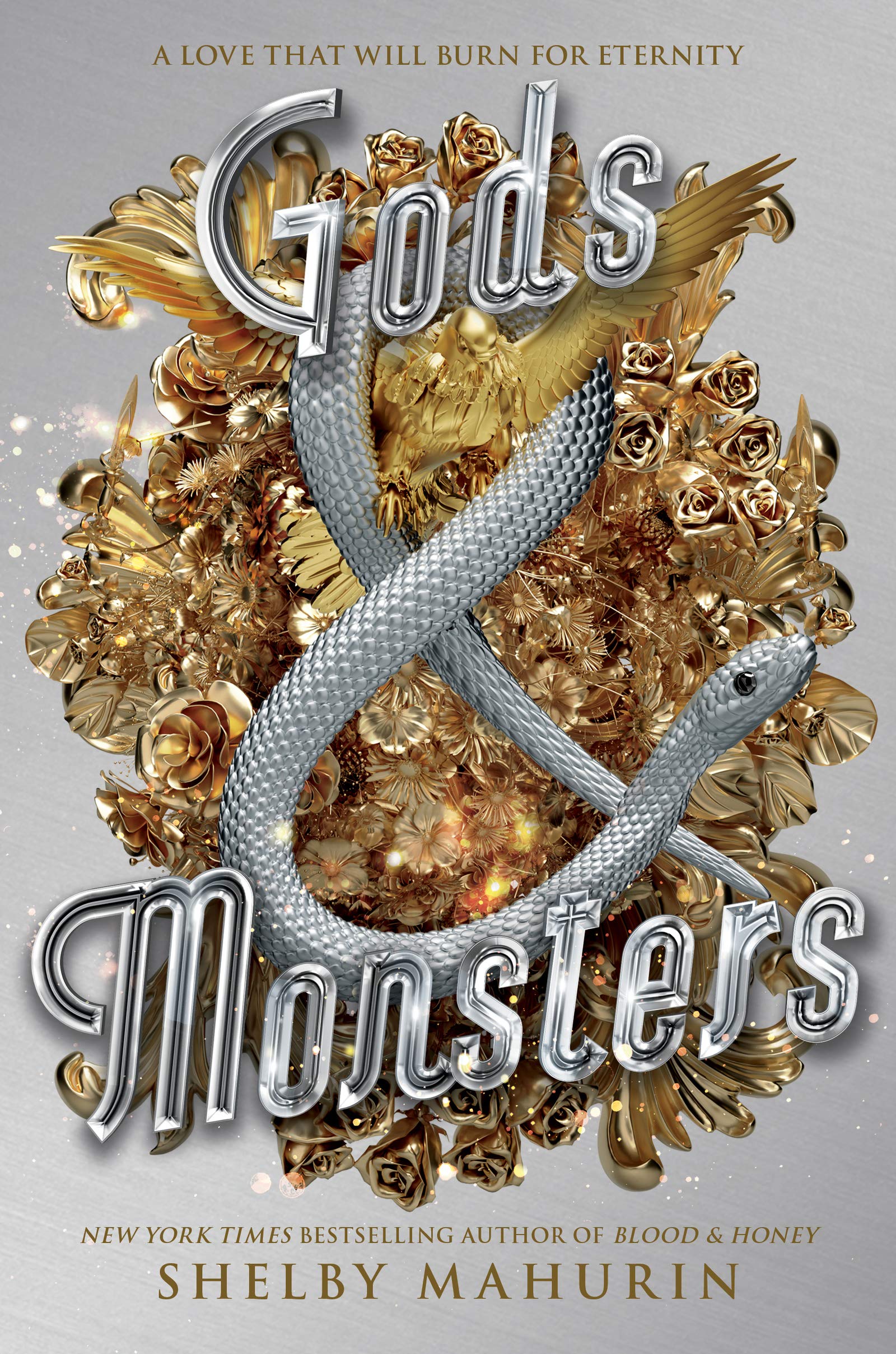
Gods & Monsters
An Insidious Presence
by Mahurin, ShelbyThe chapter “An Insidious Presence” follows Lou, who is trapped in a dark, oppressive void, grappling with an internal struggle between surrender and survival. A sharp, familiar voice interrupts the darkness, urging Lou to wake up and reject the allure of oblivion. The voice insists that Lou has fought too hard to give up now, emphasizing the desire to live rather than fade away. Meanwhile, a sinister chuckle from the darkness tempts Lou to surrender, offering false comfort while intensifying the pain.
Lou experiences overwhelming agony, which the voice identifies as the beating of their own heart. The rhythmic sound of their heartbeat becomes inescapable, symbolizing both pain and life. The voice encourages Lou to confront this pain rather than hide from it, framing it as a source of strength. As Lou struggles to comprehend their situation, they begin to recognize their own identity, realizing that the sharp, persistent voice is their own—a part of them fighting to reclaim control.
This realization sparks a moment of clarity: Lou understands that the darkness is not just an absence of light but a sentient, invasive force. It feels foreign and wrong, as if it has encroached upon a space that rightfully belongs to Lou. Determined to resist, Lou pushes against the darkness, testing its boundaries and their own strength. However, the darkness proves unyielding, resisting Lou’s efforts to break free and asserting its dominance.
The chapter culminates in a tense standoff between Lou and the darkness, with Lou refusing to succumb despite the overwhelming odds. The darkness, personified as a malevolent entity, remains steadfast, creating a sense of claustrophobic dread. Lou’s internal battle reflects broader themes of identity, resilience, and the struggle against external forces that seek to consume them. The chapter leaves the reader questioning whether Lou will find the strength to overcome the darkness or if it will ultimately prevail.
FAQs
1. Comprehension Question
What two contrasting voices does Lou experience in the darkness, and how do they differ in their effects on her?
Answer:
Lou experiences two distinct voices in the darkness. The first is a sharp, familiar voice that scolds and urges her to wake up, emphasizing her desire to live and not surrender to oblivion. This voice is assertive and motivational, pushing Lou to reclaim her identity (”You want to live”). In contrast, the second voice is a ghostly, tempting presence that offers oblivion as “sweet relief” and seeks to devour her (”Surrender, little mouse”). While the first voice represents Lou’s inner resilience, the second embodies an external, predatory force trying to consume her.
2. Analytical Question
How does Lou’s realization of her name (“Lou”) symbolize her reclaiming of identity, and what literary devices are used to convey this moment?
Answer:
Lou’s recognition of her name marks a pivotal moment of self-awareness, as she transitions from confusion (”I do not know this word”) to ownership (”It’s … me”). The author uses vivid metaphors and sensory language to depict this epiphany: her name is compared to laughter, a gasp, and emotions like anger and passion, illustrating its multifaceted significance. The repetition of “It’s” and the fragmented phrasing (”a sigh … a shout”) mirror her disjointed thoughts coalescing into clarity. This moment contrasts with the earlier ambiguity of the darkness, emphasizing identity as a weapon against oblivion.
3. Critical Thinking Question
Why might the darkness be described as both “unyielding as stone” and an “insidious presence”? How does this duality reflect Lou’s internal struggle?
Answer:
The darkness is “unyielding” because it resists Lou’s attempts to push back, symbolizing the immovable weight of despair or external oppression. Yet its “insidious” nature suggests it is invasive and deceptive, creeping into her consciousness with false comfort (”sweet relief”). This duality mirrors Lou’s conflict between succumbing to passive defeat (the darkness’s lure) and fighting for agency (her voice’s defiance). The tension between these traits highlights the complexity of her battle—not just against a tangible force, but against a pervasive, manipulative influence.
4. Application Question
If Lou’s struggle represents a broader theme of resisting external control, how might readers apply her realization (”Own your pain. Use it”) to real-life challenges?
Answer:
Lou’s mantra to “Own your pain” advocates for transforming suffering into empowerment, a concept applicable to overcoming adversity. For example, someone facing failure might acknowledge their grief but channel it into resilience, much like Lou uses her heartbeat as proof of life. The darkness parallels societal pressures or toxic influences; Lou’s refusal to surrender models how self-awareness (recognizing one’s name/identity) can combat external negativity. This aligns with psychological strategies like mindfulness, where acknowledging pain is the first step to reclaiming agency.
Quotes
1. “Wake up, it snaps. You aren’t dead yet.”
This sharp internal dialogue represents the protagonist’s struggle between surrender and survival, introducing the chapter’s central tension between oblivion and self-preservation. The quote captures the raw, urgent tone of the narrator’s inner conflict.
2. “Fuck that. You’ve worked too hard and too long to give up now. Come on. You want more than oblivion. You want to live.”
A pivotal moment where the narrator’s defiant voice breaks through the darkness, articulating the core theme of resisting despair. The profanity and directness give this quote particular emotional weight as a turning point in the internal battle.
3. “Lou. The word is familiar, like the exhalation on a laugh… It’s a shout of anger and a cry of passion. It’s… me.”
This powerful self-realization marks the narrator’s reclamation of identity amidst the consuming darkness. The lyrical description of the name’s significance makes this both a key moment of self-discovery and one of the chapter’s most poetic passages.
4. “It feels wrong, somehow. Foreign. It shouldn’t be here—wherever here is—because this place… it belongs to me too.”
This quote introduces the crucial concept of the darkness as an invasive presence rather than just absence, setting up the chapter’s climax. The realization that the space is being violated adds new dimension to the narrator’s struggle.
